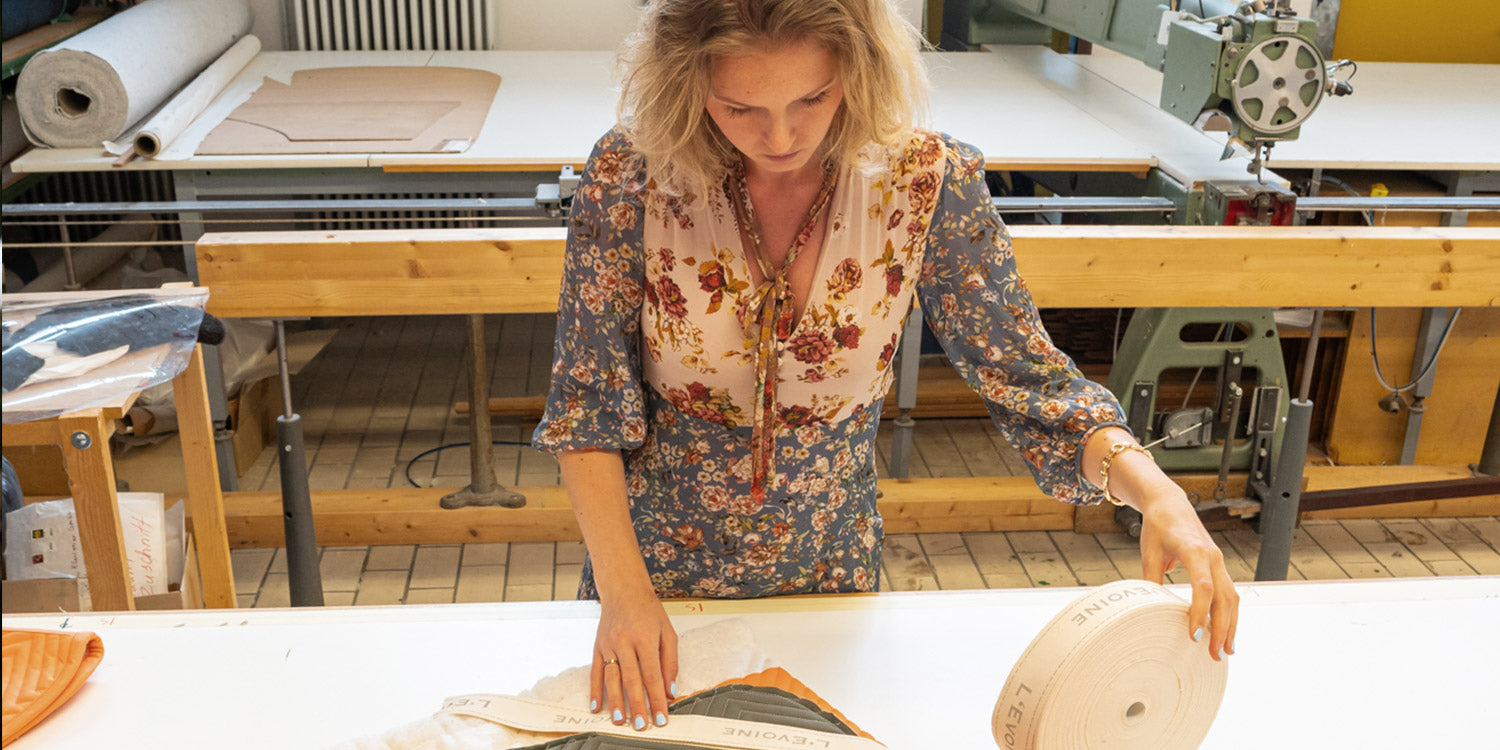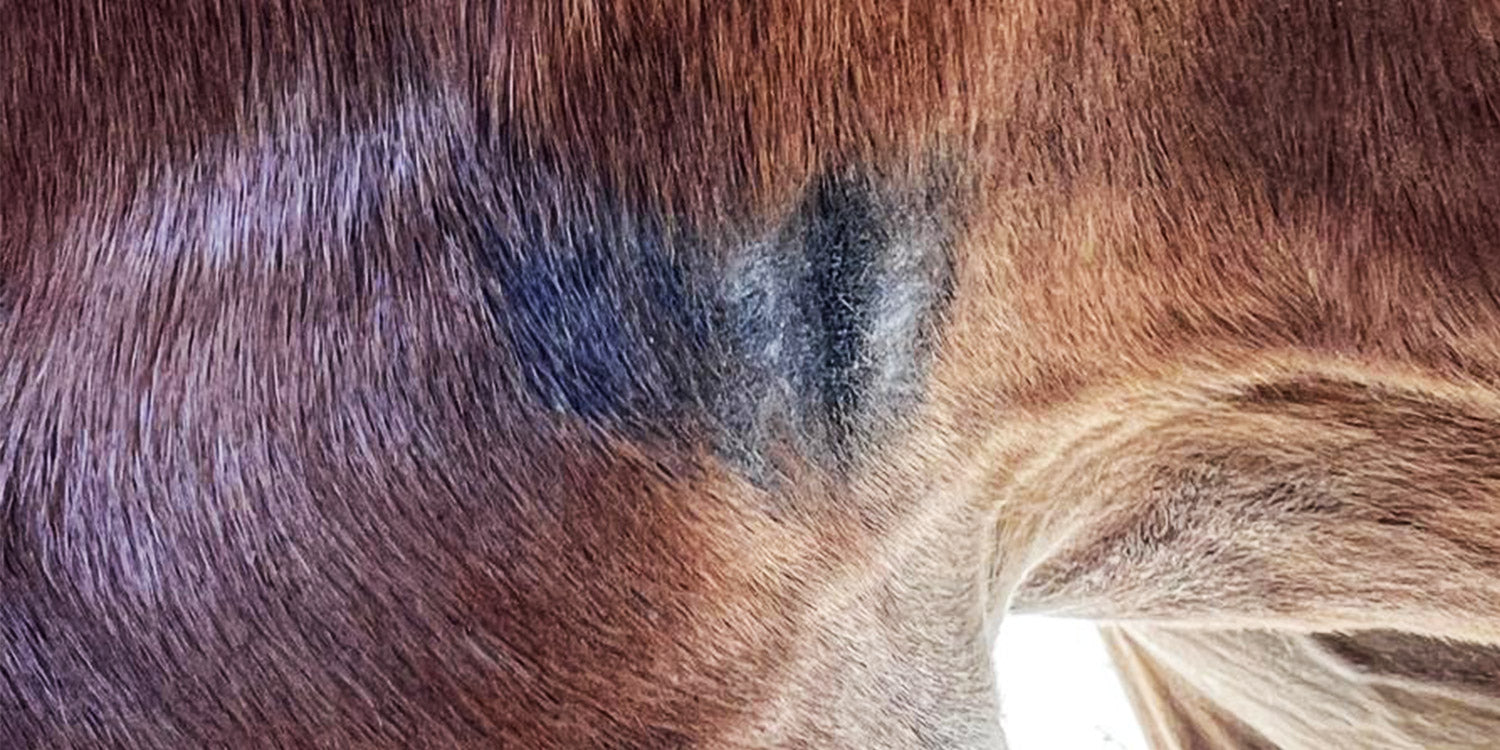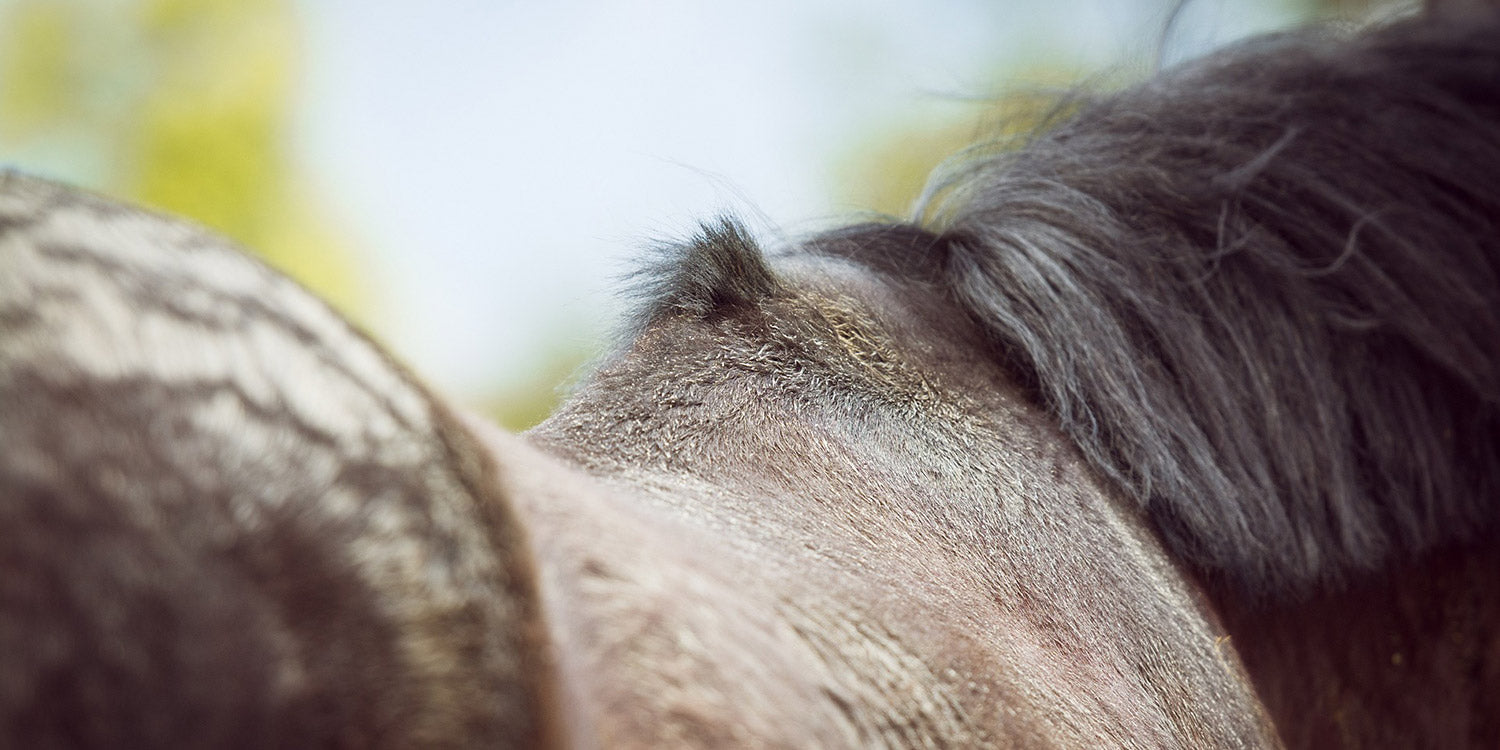
Made in Germany: quality and transparency at L'Evoine
"Made in Germany" is a designation of origin that stands for quality and precision worldwide. But what exactly does this label mean and how is it used? This blog post explains the requirements for "Made in Germany", reveals the meaning behind this designation of origin and points out that transparency and sustainability are crucial when using this label.
Requirements for “Made in Germany”
"Made in Germany" is a proof of origin that aims to show that a significant part of a product was manufactured in Germany. However, there is no set percentage that would indicate how much of the production must take place in Germany. Rather, the term focuses on the key manufacturing process that determines the quality and performance of the product.
It is important to note that there are no uniform standards or tests to award the “Made in Germany” label. This can lead to misunderstandings and open the door to “greenwashing,” where products are advertised as “Made in Germany,” even though only a small portion of production actually takes place in Germany. For example, all individual parts could come from abroad and only be finally assembled in Germany.
Why is “Made in Germany” not necessarily more sustainable?
The sustainability of “Made in Germany” depends on various factors. For example, processing raw materials in the region where they are grown can be more sustainable as this shortens transport routes and reduces the ecological footprint. But there are other factors to consider:
-
Environmental sustainability: It is important to check where electricity comes from, how waste is managed and water consumption.
-
Working conditions: The quality of a product should not come at the expense of the working conditions of the people in production.
Transparency and quality at L'Evoine
At L'Evoine, we have established our own strict criteria to provide our customers with transparency about our production practices. Our products, including saddle pads, leather bags, horse brushes and sweat blankets, are 100% “Made in Germany”. This means:
-
Product development and design: Our product development and design processes take place in our German headquarters, in close collaboration with our experts at the various production locations in Germany.
-
Production: All production takes place in Germany, ensuring that the quality and craftsmanship meet our high standards.
-
Raw materials: While not all raw materials come from Germany, they are all processed in Germany. This means that every step, from the first cutting to quality assurance, takes place exclusively in Germany.
We are proud that "Made in Germany" at L'Evoine stands for quality, transparency and sustainability. We value environmentally friendly practices and fair working conditions to ensure that our products are not only high quality, but also ethically manufactured.


